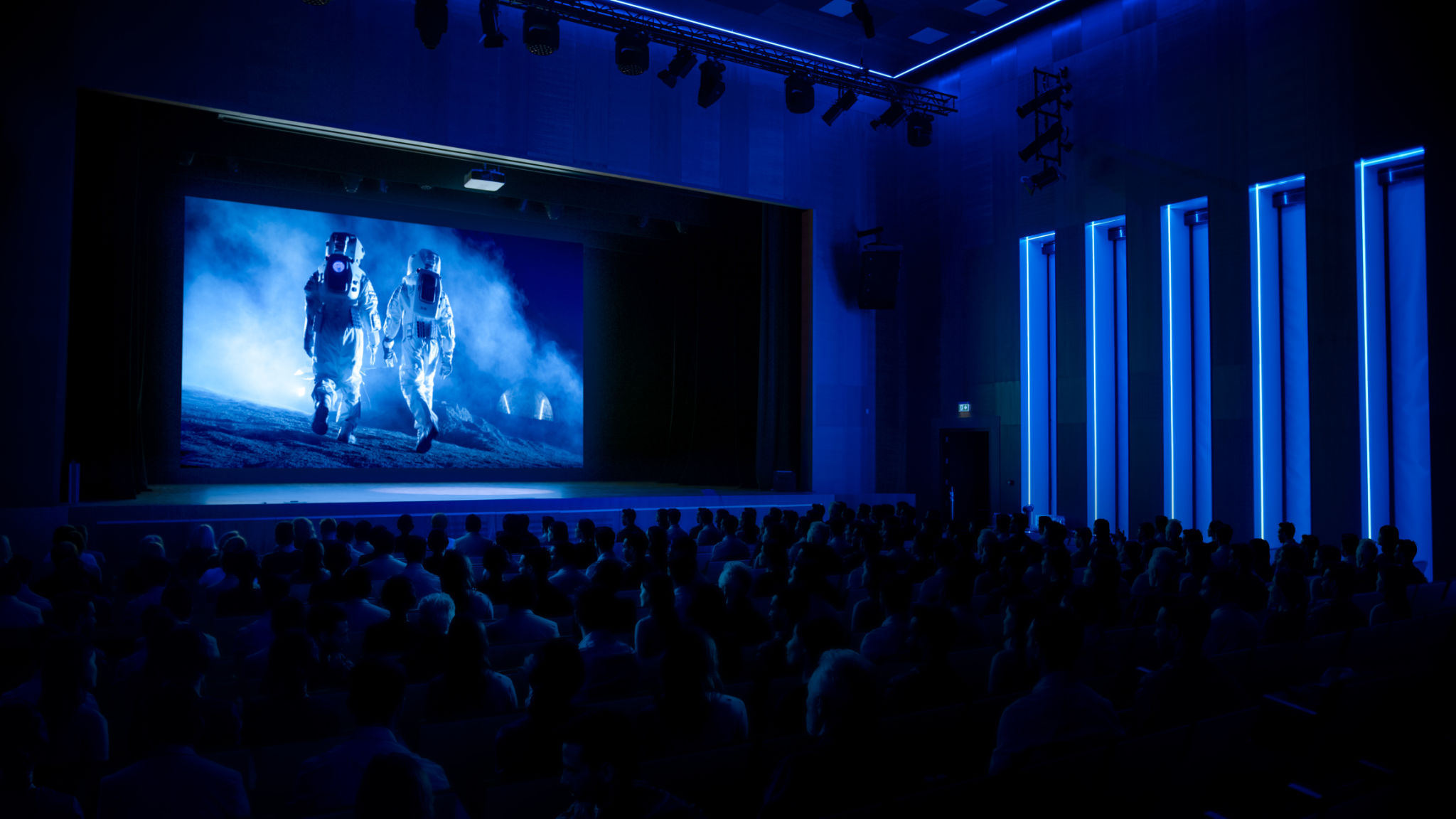Behind the Scenes: How Virtual Musical Theater Workshops Operate
The Rise of Virtual Musical Theater Workshops
In recent years, the world of musical theater has embraced the digital age, allowing enthusiasts to engage with their favorite art form in innovative ways. Virtual musical theater workshops have emerged as a popular avenue for both aspiring performers and seasoned professionals to hone their skills from the comfort of their own homes.
These online workshops offer an array of benefits, from accessibility to flexibility. Participants no longer have to travel long distances or relocate to attend prestigious programs. Instead, they can connect with renowned instructors and fellow artists worldwide with just a click.

Setting the Stage for Success
The process of organizing a virtual musical theater workshop involves several steps. First and foremost, selecting a platform that supports live interactions and video capabilities is crucial. Platforms like Zoom or Google Meet are often chosen for their reliability and ease of use.
Once the platform is selected, organizers reach out to industry professionals who can offer valuable insights and training. These instructors may include directors, choreographers, vocal coaches, and even Broadway stars. The goal is to create a comprehensive curriculum that covers various aspects of musical theater, such as acting, singing, and dancing.

Interactive Learning Experience
One of the major advantages of virtual workshops is the interactive learning experience they provide. Participants can engage in real-time discussions, ask questions, and receive personalized feedback. This interactive element is often enhanced by breakout rooms, where small groups can work on specific skills or scenes.
Moreover, virtual workshops often incorporate multimedia elements like pre-recorded performances and tutorial videos. This variety in teaching methods helps cater to different learning styles, ensuring that everyone can absorb the material effectively.
The Role of Technology
Technology plays a vital role in the success of virtual musical theater workshops. From high-quality microphones and cameras to stable internet connections, the right equipment ensures a seamless experience for both participants and instructors.

Organizers also utilize specialized software to enhance the learning process. For instance, music editing programs allow participants to practice with backing tracks, while choreography apps help visualize dance routines more clearly.
Building a Community
Despite being conducted online, these workshops foster a sense of community among participants. Social media groups and forums allow attendees to connect outside of scheduled sessions, share experiences, and support one another in their artistic journeys.
Networking opportunities are abundant in these virtual settings, with many workshops offering Q&A sessions with industry insiders or alumni panels. This not only enhances the learning experience but also opens doors for future collaborations and career advancements.
The Future of Virtual Workshops
As technology continues to evolve, so too will virtual musical theater workshops. The potential for incorporating augmented reality or virtual reality into these programs could revolutionize how performers interact with instructors and each other.

While in-person experiences will always hold a special place in the hearts of theater enthusiasts, the convenience and accessibility of virtual workshops ensure they are here to stay. By embracing these digital platforms, the world of musical theater can continue to thrive and reach new audiences globally.